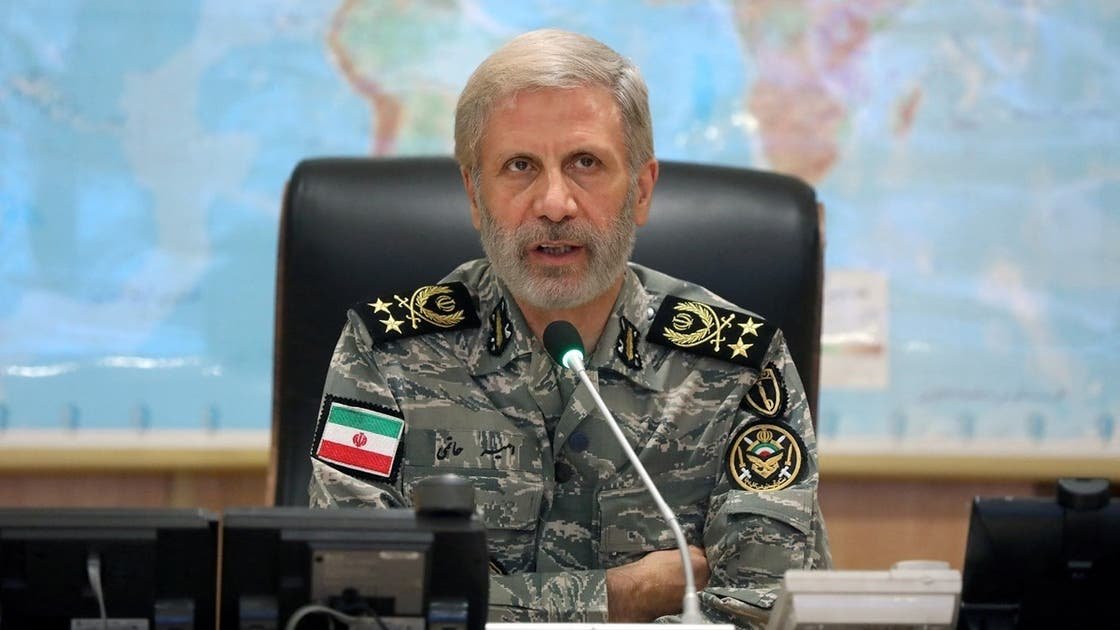Iran’s Army Commander‑in‑Chief, Major General Amir Hatami, said on August 3, that Iran does not consider the threat from its enemy, primarily “Israel” to be over, emphasizing that even a minimal danger must be treated with full seriousness and readiness. Speaking at a meeting of senior Army commanders, Hatami warned: “A 1 percent threat must be perceived as a 100 percent threat. We should not underestimate the enemy and consider its threats as over,” according to state‑media operator IRNA . He added that Iran’s missile and drone capabilities remain “standing and ready for operations,” and urged continued vigilance despite a fragile ceasefire reached after the June conflict with Israel.
Hatami’s remarks come amid intense regional tension following the 12‑day war in mid‑2025, during which Israeli and U.S. forces struck Iranian nuclear facilities and Tehran responded with waves of missile and drone attacks across Israel. The conflict claimed multiple lives in Iran, including military personnel, scientists, and civilians —and underscored Iran’s resolve to push back militarily if attacked again . He framed Israel as an “obstinate enemy” whose recent miscalculations had exposed security flaws, but stressed that Iran’s defenses remain robust despite suffering casualties among high‑profile commanders and scientists.
The Iranian general also announced that the Army Ground Forces would accelerate development in defence industry, science, and military technology, continuing operations up to the final moments before the ceasefire was imposed by the adversary. He praised the resilience and coordination of troops, civilians, and officials during the conflict and vowed that Iran would leverage recent lessons learned to enhance operational mobility, intelligence capability, and industrial readiness across all branches of the armed forces.
Hatami’s message echoed the tone of Iran’s Supreme Leader Ayatollah Ali Khamenei, who earlier this week asserted that Iran must treat even a one‑percent threat as a total crisis and warned against complacency in the face of perceived enemy weakness. Combined with the activation of a new National Defence Council under President Masoud Pezeshkian, the statements signal a significant consolidation of Iran’s security command following the June war and reflect Tehran’s resolve to sustain a state of high alert for the foreseeable future.





